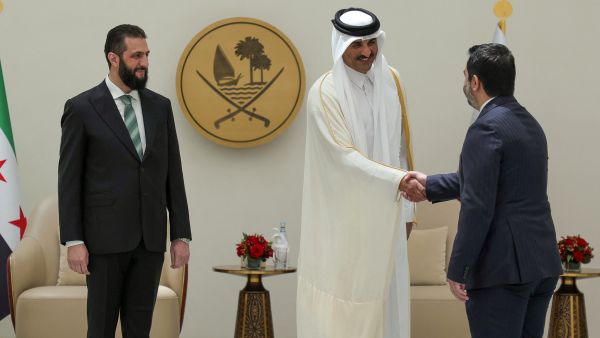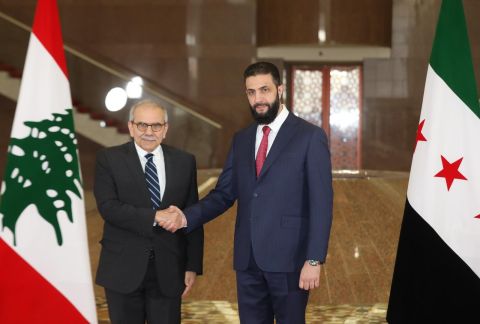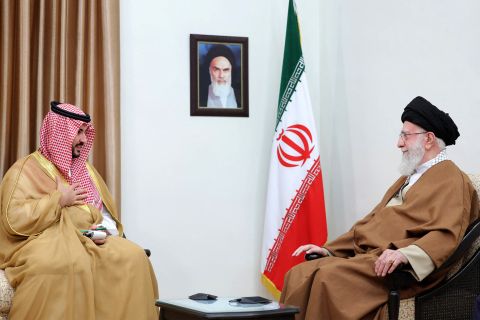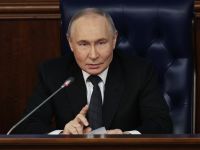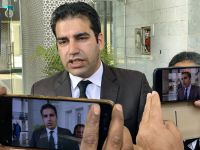ALBAWABA- In a historic move, the Emir of Qatar sponsored a high-level summit in Doha between Iraqi Prime Minister Mohammad Shia’a Al-Sudani and Syria’s newly appointed President Ahmad Al-Shara’a.
This marks their first official meeting since the fall of the Assad regime, which ended a 13-year civil conflict in Syria.
An official Iraqi source stated that Prime Minister Mohammed Shia al-Sudani made a brief visit to Qatar, where he met with the Emir of Qatar, Sheikh Tamim bin Hamad Al Thani, and Syrian President Ahmed al-Sharaa.
The source noted that the tripartite meeting in Doha between Iraq, Syria, and Qatar was prompted by rapidly evolving developments in the region, particularly in Syria.
The Iraqi Prime Minister emphasized that Iraq is closely monitoring the situation in Syria, including the presence of occupying military forces on Syrian territory.
The summit comes amid a backdrop of tense Iraqi-Syrian relations, especially following the collapse of Bashar al-Assad’s government, which led to the flight of hundreds of Syrian regime soldiers into Iraqi territory.
These soldiers reportedly feared reprisals from hardline opposition groups, particularly the Syrian HTS (Hay’at Tahrir al-Sham), now gaining influence in post-Assad Syria.
Tensions further escalated after Iranian-backed armed groups in Iraq mobilized near the Syrian border, calling for intervention to support their counterparts in Syria—moves that provoked a strong reaction from the new Syrian leadership.
However, the political climate shifted significantly after the Syrian Democratic Forces (SDF), led by Mazloum Abdi, reconciled with Damascus in March. The agreement saw the SDF integrated into the national army, easing internal divisions and contributing to a new era of relative stability in Syria.
The Doha summit yielded several important outcomes, including a mutual agreement to reopen borders, resume bilateral trade, and extend an official Arab League summit invitation to Syria.
Qatar, a key backer of Syria’s new government alongside Turkey, has pledged to support development projects in electricity, energy, and infrastructure as part of its commitment to regional reconstruction and diplomacy.



